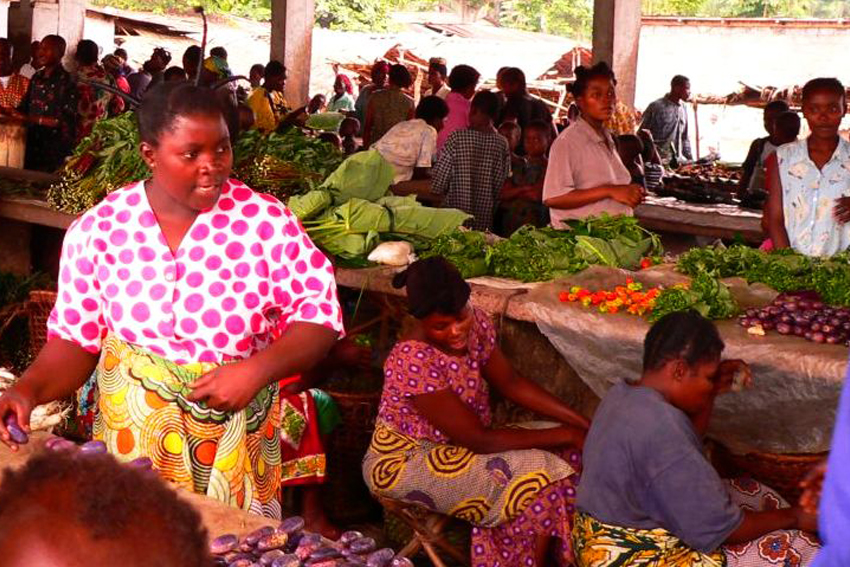The Democratic Republic of Congo has moved up 11 places in the global ranking of human development by the United Nations Development Programme (UNDP), and is now currently ranked 176th out of 188 countries

In December, in the presence of DRC Prime Minister Matata Ponyo Mapon, the UNDP-DRC launched the 2015 Human Development Report on the theme: “Work for Human Development.” This independent report prepared on an international level shows that the DRC has risen 11 places in the world ranking, going from 186th position out of 187 countries in 2013 to 176th out of 188 countries in 2014. Progress is visible in terms of life expectancy, and the expected duration and average years of schooling, as well as in terms of gross national income (GNI) per capita.
The Human Development Index (HDI) was established by the UNDP in 1990. In addition to the GNI per capita, the HDI measures the development and wellbeing of a population with indicators such as life expectancy at birth and the level of education reached by young people.
Each year, the UNDP publishes its Human Development Report, which is the compilation of the work carried out by a team of independent experts. The 2015 world report shows a gradual and constant evolution of the HDI in all groups and regions of the world. The DRC is ranked 176th out of 188 countries and has thus gained 11 positions since 2013. The report also shows a reversal in the DRC’s HDI growth rate and acceleration since 2010. However, the DRC does still remain one of the countries with low HDI.
The 2015 report highlights that the reduction of inequality and job creation are vital for human development in the sub-Saharan African region. It insists on the fact that the concept of work is much broader than that of employment alone. The reason is that there are different kinds of work involved in the development of society: unpaid work, volunteer work, creative expression, informal work, etc. Over the past 25 years, nearly 2 billion people have been lifted from low human development. What is necessary to consolidate this progress is improving working conditions and social welfare, increasing the transition to sustainable employment, accelerating everyone’s access to decent jobs, and promoting a greater inclusion of women and youth in the workforce.
In the DRC, the subject of work in general, and particularly that of young people and women, continues to be acute. The DRC is among the countries with the highest unemployment rate, and also the highest global underemployment rate, particularly among the young. Working conditions are difficult for the vast majority, although the lack of statistics does not allow for the collection of tangible evidence.
The UNDP encourages the government to pursue human development by working on three main areas by: (i) creating new work opportunities to expand work choices; (ii) ensuring workers’ wellbeing to reinforce a positive link between work and human development; (iii) conducting targeted actions to address the problems suffered by specific groups such as youth, women, minorities, the disabled, indigenous populations, and those living on sites being exploited for their natural resources. The government has already taken steps in this direction, particularly within the framework of the National Strategic Development Plan (NSDP), currently under development. Efforts will be combined to make labor and employment the factors of prosperity and happiness.
For further information, please contact the Strategy and Policy Unit of the UNDP:
Ernest Bamou (Senior Economist) ernest.bamou@undp.org.
Jean-Paul Boketsu (National Economist) jean-paul.boketsu@undp.org
0 COMMENTS